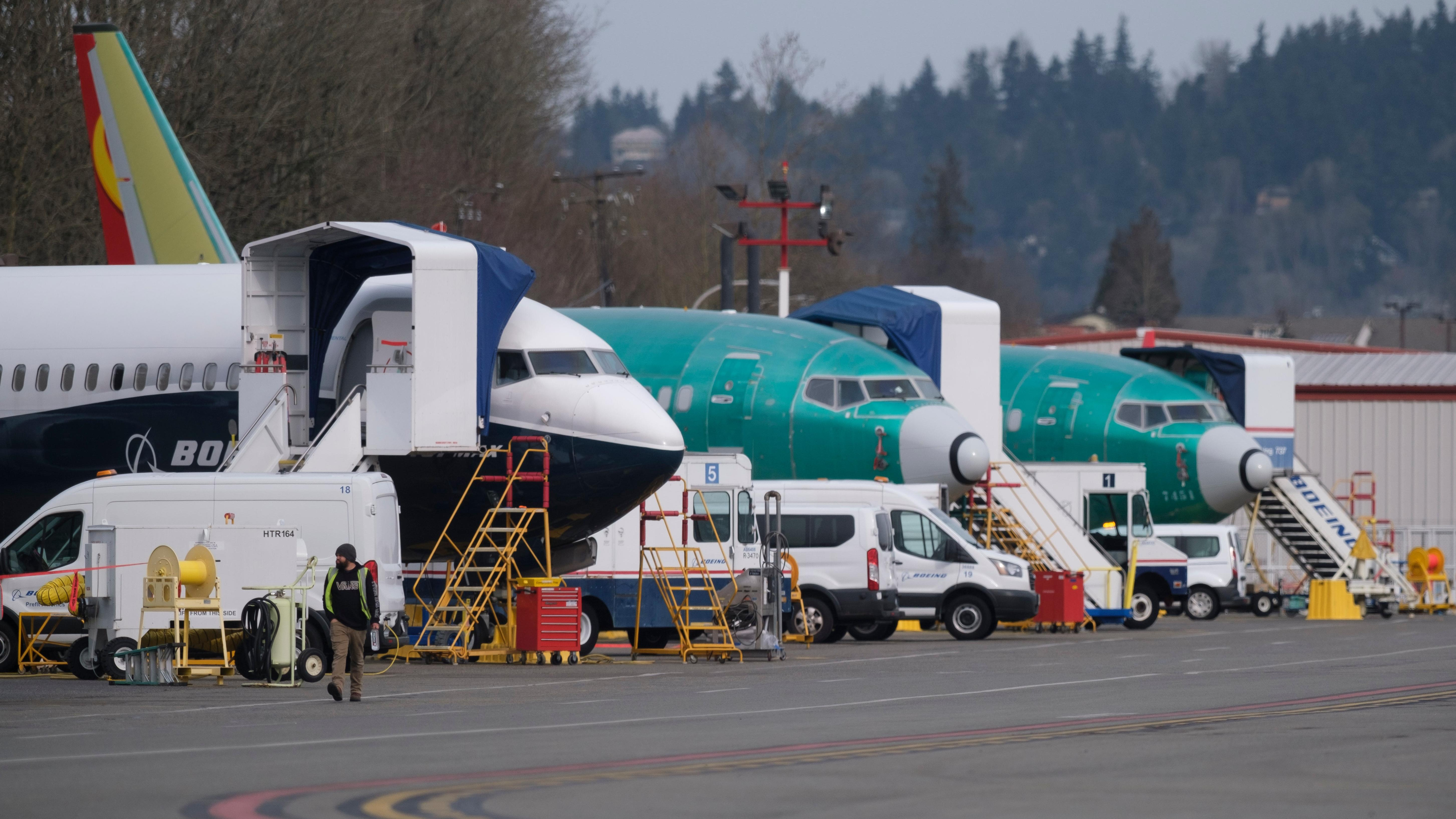Boeing's Safety Culture Is A Mess
An independent panel found that Boeing's safety culture is both "inadequate" and "confusing."
So, as it turns out, Boeing's safety culture is as not good as we all expected it to be. A new report from federal safety experts found some major issues with its culture that include a "disconnect" between senior management and other employees. It was also described as both "inadequate" and "confusing." That is not what you want to hear about the folks who build the metal cans we fly around in.
The report was requested by Congress and it found "gaps in Boeing's safety journey," according to NBC News. Experts didn't look specifically into Boeing incidents. Instead, they investigated the broader safety concerns in the wake of two fatal 737 Max 8 crashes in 2018 and 2019 that rocked the aviation world. Those concerns were then amplified after the door plug of an Alaska Airlines 737 Max blew out midflight. It's been a rough couple of years for the American company.
The Federal Aviation Administration reviewed thousands of Boeing documents and conducted over 250 interviews with employees. It found that not all employees understood the company's safety management system.
Here's a breakdown of exactly what else the panel found inside Boeing, according to NBC News:
There was also "employee confusion" among different work sites and groups due to "complex" and constantly changing procedures and training.
The panel also found that after a restructuring at the company's Organization Designation Authorization unit, a program in which the FAA delegates powers to some company employees, the chances of interference or retaliation had "decreased" but still persisted, "particularly with regards to salary and furlough ranking."
The report found a "hesitation in reporting safety concerns for fear of retaliation" because managers could potentially investigate safety reports within their own reporting chain, meaning the process isn't fully impartial.
Furthermore, the report identified a lack of a consistent and clear safety reporting channels in the business unit and said employees weren't always informed of their report outcomes. The panel was concerned that confusion about reporting systems "may discourage employees from submitting safety concerns."
The panel also found issues that affect aviation safety, including "inadequate human factors" and a lack of pilot input in aircraft design and operation.
In total, the panel listed 27 findings and 53 recommendations, and now the FAA is going to thoroughly review them, saying it will continue to "hold Boeing to the highest standard of safety" and it'll work to "ensure the company comprehensively addresses these recommendations." Boeing says it supports the panel's review, NBC News reports.
